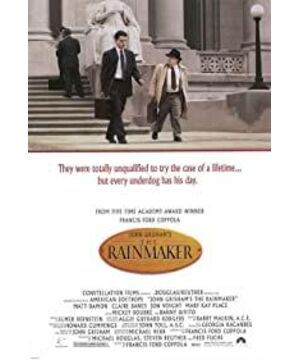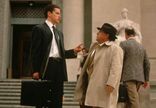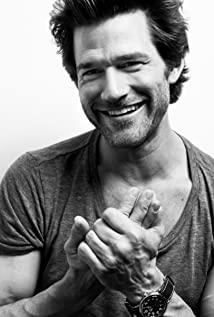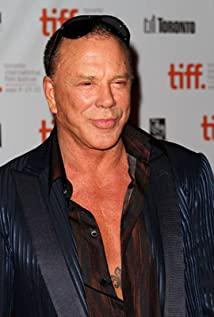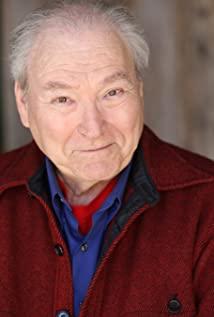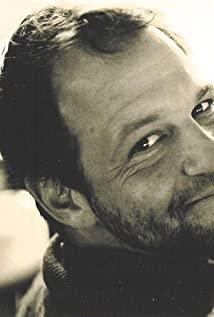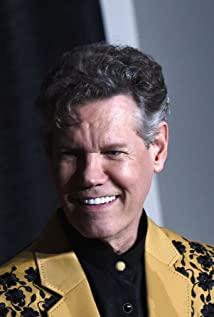The Rainmaker evaluation action
-
Everardo 2022-03-26 09:01:07
It's a good movie in the legal theme, and I'm curious why the teacher didn't mention this movie when he recommended the movie-probably because he was a criminal law teacher, and the civil law teacher didn't recommend the movie. || "RainMaker" should be Deck Schifflet's timely rain haha. The role of Mickey Rourke is also really handsome, and when I think of him appearing in a farce on the stage of "The Masked Singer" a few days ago, I feel quite helpless.
-
Mollie 2022-03-28 09:01:05
Wish some actors were forever young, like Matt Damon. Such an outcome corresponds more to the value of justice.
The Rainmaker quotes
-
Judge Kipler: Mr. Drummond... you objected to the fast-tracking of this case. What's the problem?
Leo F. Drummond: Well, your honor... this issue's already been ruled upon by Judge Hale. The preparations required by fast-tracking the case place undue burden upon both parties, I believe.
Judge Kipler: [scribbling on a notepad and not looking up] Nonsense.
[stands up]
Judge Kipler: Let me ask you something, Mr. Drummond. As a defense lawyer, have your EVER agreed to the fast-tracking of a lawsuit?
Leo F. Drummond: Well your honor, I believe I have.
Judge Kipler: [begins to laugh as he sits back down] Fine. Give me the name of the case and the court it was in.
Leo F. Drummond: [laughs nervously] Well, your honor... I have to get back to you on that.
Judge Kipler: Well, call me this afternoon by three.
Leo F. Drummond: I don't believe I'm going to be in before three.
Judge Kipler: Well, call me when you get in. I'm very interested in hearing about this case you agreed to fast-track.
Leo F. Drummond: Yes sir.
Judge Kipler: This boy's about to die, gentlemen. You do agree that we need to record his testimony?
Leo F. Drummond: Yes indeed... of course, your honor. It's just that my trial calendar is pushin' me around pretty good.
Judge Kipler: How about next Thursday afternoon?
Rudy Baylor: Great for me, your honor.
Leo F. Drummond: I'm sorry, your honor.
Judge Kipler: That's a week from today.
Leo F. Drummond: I believe I'm out of town.
[beat]
Leo F. Drummond: Yes, I am out of town Thursday.
Judge Kipler: The deposition is set for next Thursday afternoon at 2pm.
[smiles]
Judge Kipler: Sorry if it inconveniences the defense, but God knows there's enough of you guys to handle it.
[Rudy smiles]
-
Kelly Riker: [Cliff has just trashed the house and buried Rudy under a refrigerator... Kelly rushes to Cliff] RUDY... RUDY! Cliff, you idiot! What are you doing!
Cliff Riker: [grabbing Kelly around the throat] You see what you did! Kelly, you see what you did? It's not my fault! I love you... I love you!
[Rudy gets back up and yanks Cliff by the air and off Kelly and they resume fighting... Cliff pulls out a gun, Rudy grabs a baseball bat and hits Cliff with it]
Kelly Riker: RUDY!
[he hits Cliff some more with the bat]
Kelly Riker: Stop it, Rudy! Stop.
[Cliff groans]
Kelly Riker: Give me the bat... and leave.
Rudy Baylor: [dumbfounded] What?
Kelly Riker: Give me the bat... and leave. You were not here tonight. Give me the bat.
[Rudy complies and Kelly finishes Cliff off after Rudy walks out]


